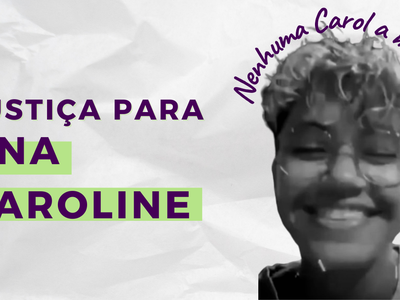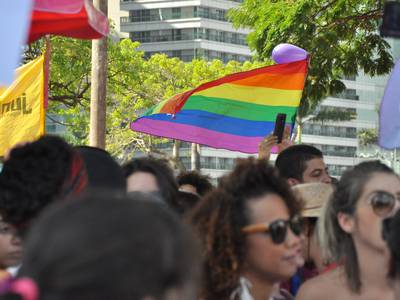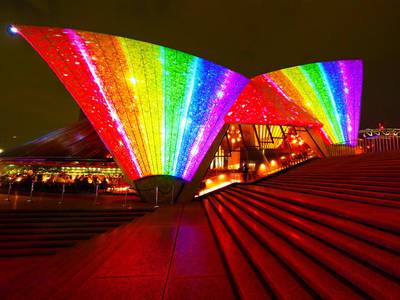LGBTQIA+ families are still not legally recognized in India. LGBTQIA+ people can not live freely and are forced to remain in abusive traditional families. Now there’s an opportunity to grant legal recognition to LGBTQIA+ unions in India
Though LGBTQIA+ people are no longer criminalized in India, they still do not have legal recognition of their unions and families. As a result, the only families that LGBTQIA+ people can legally be a part of are their natal, often abusive, families.
Many members of the LGBTQIA+ community in India have to endure violence and abuse from their natal families. The lack of legal recognition for LGBTQIA+ families means that these abusive traditional families have complete control over LGBTQIA+ persons.
In an attempt to escape the harmful conditions in their natal families, LGBTQIA+ people often seek out family among themselves. These include romantic and non-romantic associations. It is in these chosen families that LGBTQIA+ people find comfort and a sense of community.
Though India prohibits discrimination on the basis of sexual orientation and gender identity, it does not recognize these found families of LGBTQIA+ people as equal to traditional, heterosexual families. This has the combined effect of making LGBTQIA+ people feel unequal in their own country, and of leaving them at the mercy of their natal families.
Recently, hearings on marriage equality took place in the Supreme Court of India. While the petitioners argued that LGBTQIA+ families deserve the same legal rights as traditional heterosexual families, the Government of India called LGBTQIA+ people an urban elitist concept.
The Supreme Court of India will decide on marriage equality for all persons in India.
This could be a chance for LGBTQIA+ people in India to get the rights that they have thus far been denied on the basis of their sexual orientation and gender identity.
Sign now to demand equal rights for LGBTQIA+ families in India.
This petition was started by trans activists Uma P, Akkai Padmashali, and Zainab Patel, who are all petitioners in the Marriage Equality case in the Supreme Court of India.


